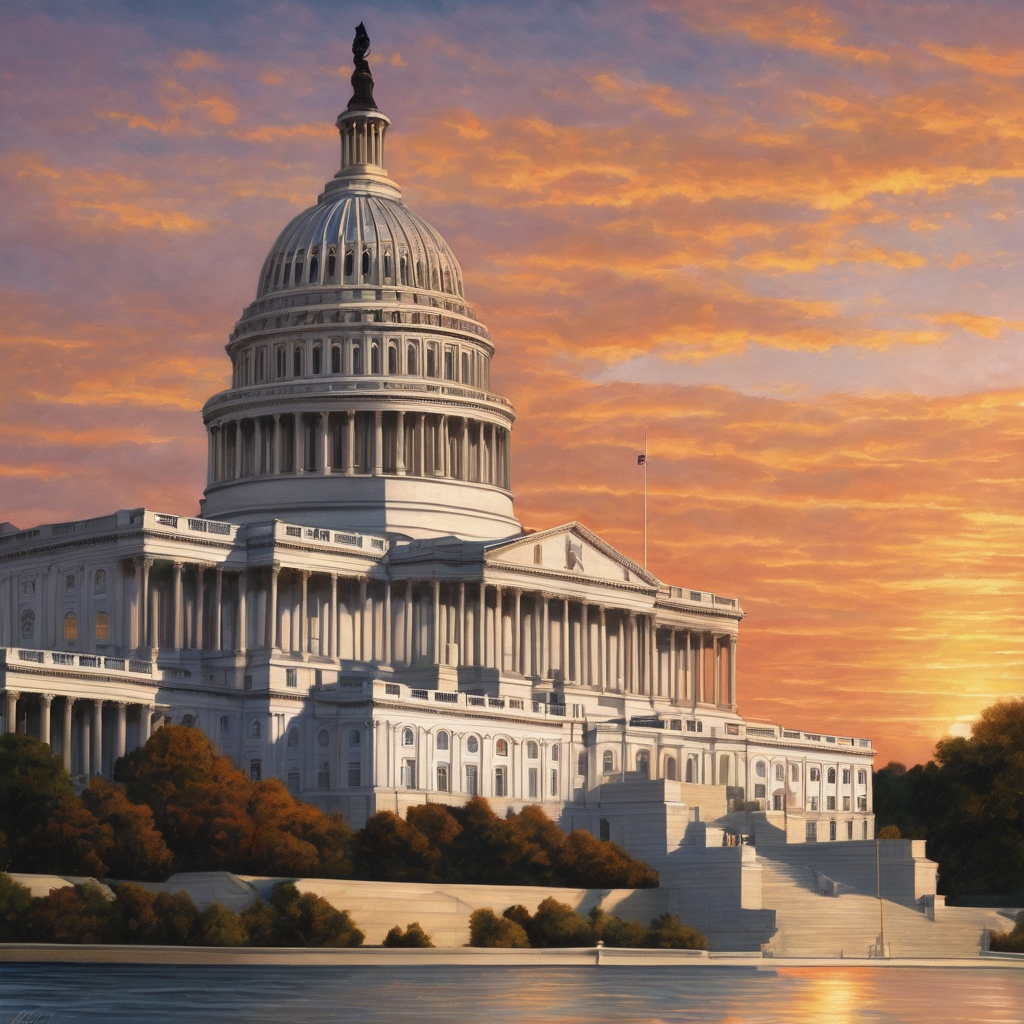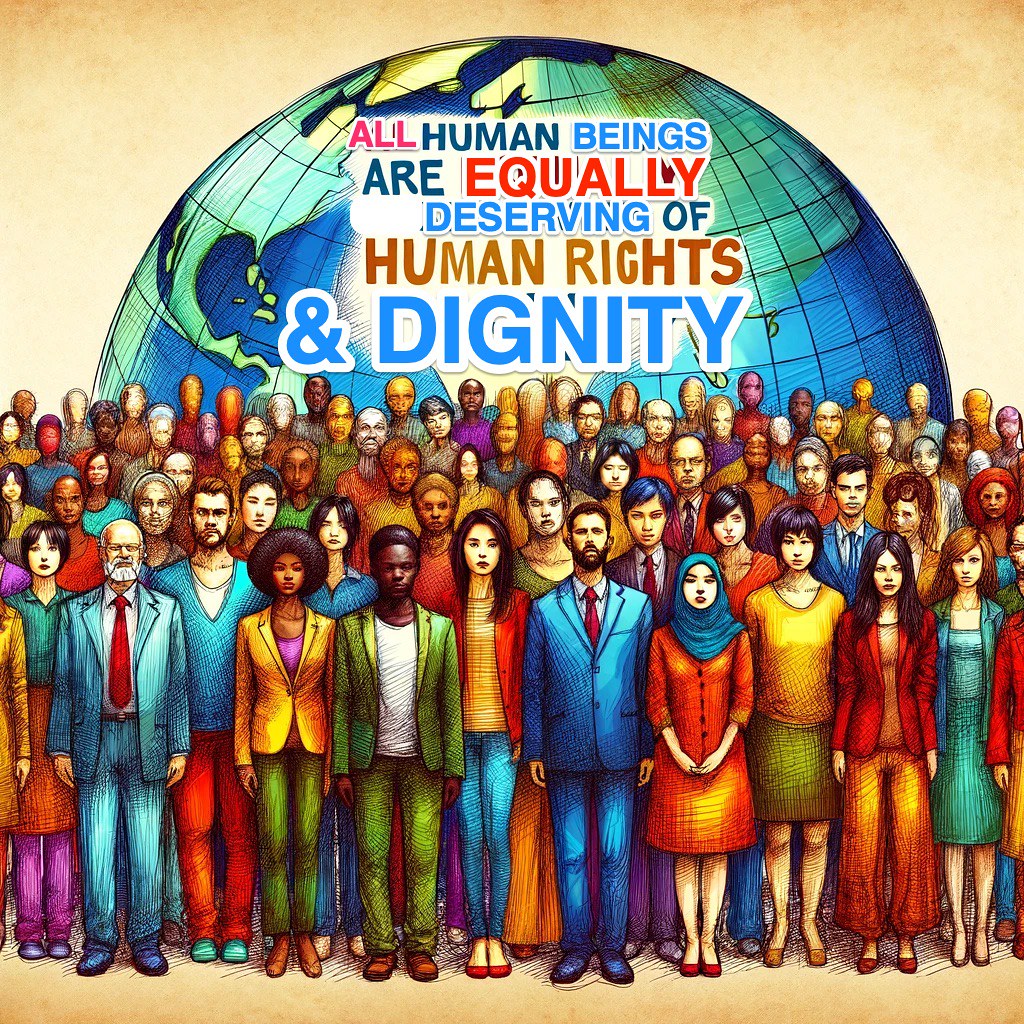The District of Columbia has a significant lack of autonomy due to its underrepresentation in the United States’ House of Representatives and the Senate.
By excluding the voices of D.C. citizens in the United States governance, a diverse portion of the national population is in-turn overlooked. According to the United States Census Bureau (USCB), 45% of the D.C. population consists of Black Americans and 11% is determined to be Hispanic Americans. While strides have been made towards diversifying the House and the Senate, the underrepresentation of D.C.’s social diversity acts as a detriment towards implementing an inclusive government.
The socioeconomic standing of D.C. citizens is also valuable to consider in politics in order to properly address income-related cleavages. The USCB reports that 13.3% percent of D.C. lives in poverty. This is a great enough percentage to influence electoral outcomes, possibly in favor of candidates that have a central focus on uplifting impoverished communities.
D.C. Statehood is an official government organization that highlights the district’s political freedoms and hindrances. It indicates that D.C. citizens elect one delegate to the House of Representatives. However, this representative does not have the right to vote on House bills, proving D.C. politics to be disregarded in the shaping national legislature.
D.C. is also the only jurisdiction in which the regional leadership does not have the authority to appoint their own judges. All U.S. states have some form of command over the appointment of a judge. The governor, the state legislature, or a legislative committee has the freedom to choose judges. Appointment can also take place through partisan or nonpartisan elections. Yet the plentiful options to appoint judges are subjected to states, meaning D.C. is restricted from such actions.
The district has high political efficacy even though it has minimal political influence, which is seemingly counterintuitive. D.C. citizens prove themselves to be actively involved in the nation’s politics. According to the Center for Public Integrity, 96% of eligible D.C. voters are registered and in the last presidential election, voter turnout was 64%. These percentages reveal that D.C. has the greatest voter registration in the nation.
It is inherently paradoxical that D.C., the capital of the U.S., experiences taxation without representation. The values which were the basis for the founding of the nation are not upheld in the very district which represents American politics.



![[Shark Fin Soup] by [Harmon] is licensed under [CC BY-ND 2.0]](https://flhsprospect.com/wp-content/uploads/2025/04/Screenshot-2025-04-24-8.24.37-AM.png)




